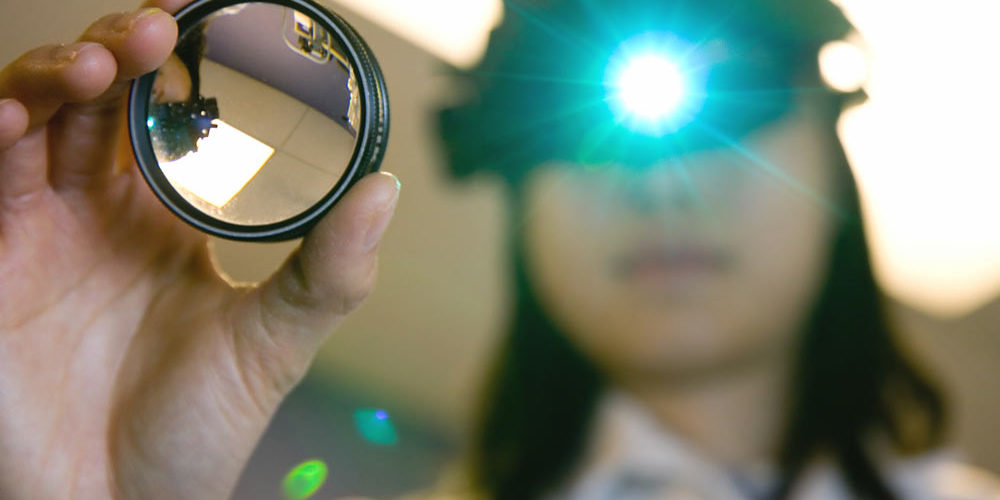Macular degeneration, or age-related macular degeneration (AMD), is a leading cause of vision loss in Americans 60 and older. It is a disease that destroys the sharp, central vision needed for reading and driving.
AMD affects the macula, the part of the eye that allows you to see fine detail. Macula Degeneration does not hurt, but it slowly destroys the cells in the macula. There are two types: wet and dry. Wet AMD happens when abnormal blood vessels grow under the macula. These new blood vessels often leak blood and fluid. Wet AMD damages the macula quickly. Blurred vision is a common early symptom. Dry AMD happens when the light-sensitive cells in the macula slowly break down. You gradually lose your central vision. A common early symptom is that straight lines appear crooked. Check out the signs of macular degeneration to prevent it at early stage. Regular comprehensive eye exams can detect macular degeneration before the disease causes vision loss. Treatment can slow vision loss, but it does not restore vision.



